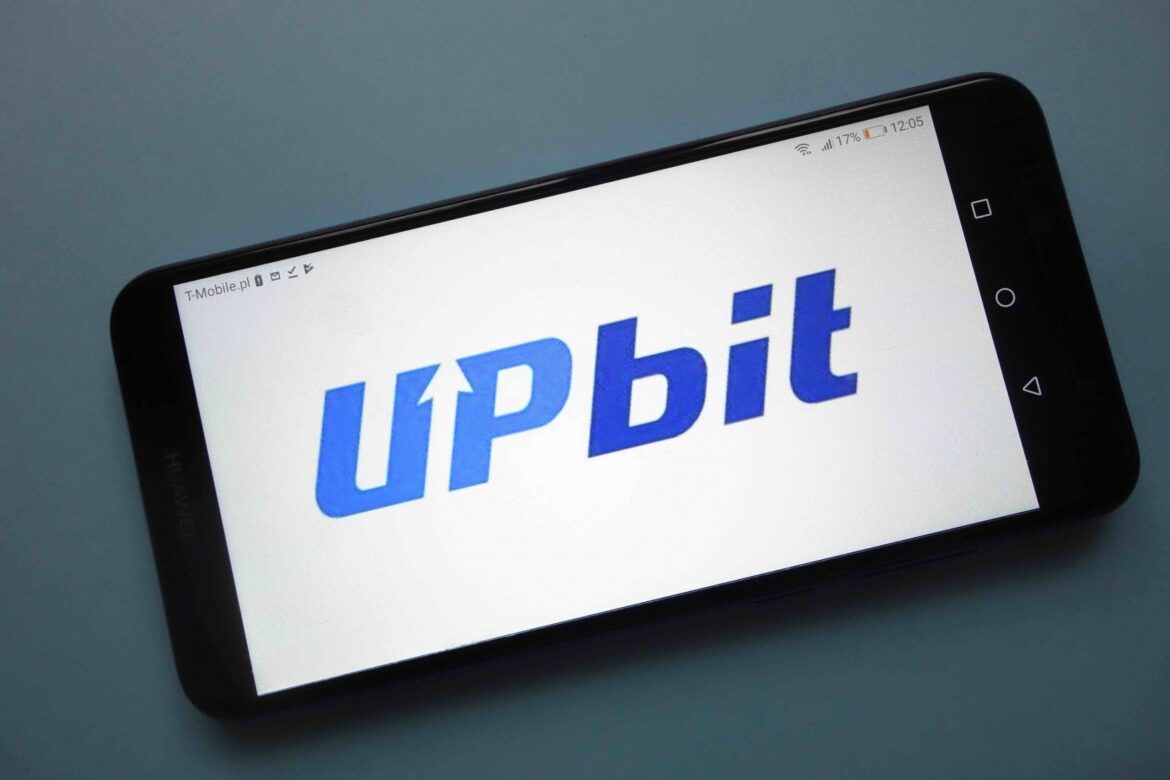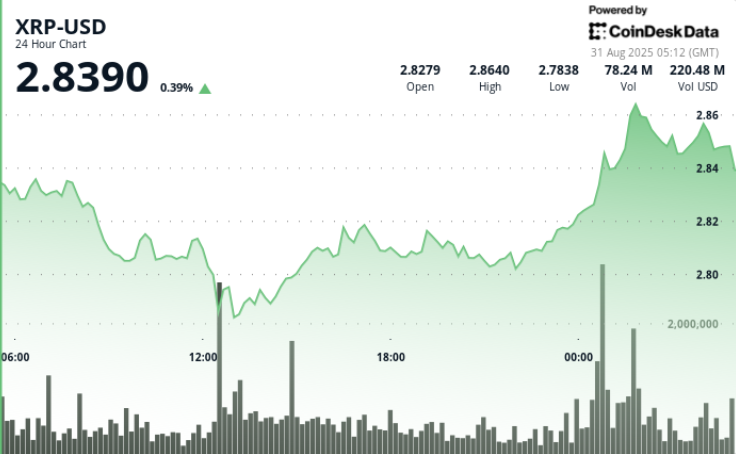In brief
- South Korean actor Hwang Jung-eum received a suspended prison sentence for embezzling $3 million from her agency to invest in crypto.
- The Jeju District Court showed leniency after Hwang repaid the entire embezzled amount and was deemed a first-time offender.
- The scandal derailed her career, with TV shows editing her out and advertisers dropping her from campaigns.
South Korean actress Hwang Jung-eum walked out of Jeju District Court in tears Thursday after receiving a two-year suspended prison sentence for embezzling $3 million from her own agency to invest in crypto.
The court handed Hwang the suspended sentence, meaning she will serve no jail time unless she commits another crime within four years, for violating Korea’s Act on the Aggravated Punishment of Specific Economic Crimes, according to a Korea JoongAng Daily report.
Prosecutors had sought a three-year jail sentence in August, but judges cited her repayment of the full amount and her status as a first-time offender who had made full restitution.
Hwang embezzled about 4.34 billion won ($3.1 million) from her agency in early 2022, as per the indictment cited in the report.
Approximately 4.2 billion won of that sum was invested directly in crypto, while the remainder was used to pay property and local taxes via credit card payments, Decrypt reported earlier.
Kadan Stadelmann, CTO at Komodo, told Decrypt that East Asian and Western regulators now show “similar outcomes when it comes to enforcing the law against crypto embezzlers,” though the West has historically had an edge in “blockchain analytics.”
Asia is “catching up,” he noted, suggesting South Korea could look to U.S. financial controls where the FTC enforces “transparency, disclosure, and accountability” in celebrity crypto promotions, standards that could guide oversight of talent agencies and sports firms.
In Hwang’s case, the company involved was a family-run corporation solely owned by her, with only one actor under management, herself. At her first trial on May 15, Hwang admitted to all charges and requested additional time to repay the full amount.
The court showed leniency after Hwang sold personal assets and repaid the entire embezzled amount in installments.
She had returned about 3 billion won by her first trial, then covered the remainder on May 30 and June 5.
“I was just trying to work hard and live honestly, but I neglected financial and tax matters, which led to this situation,” Hwang said during her final hearing on August 21. “I am remorseful.”
Her legal team said that the misused funds originated from her personal entertainment income and were temporarily held in her name because corporations are restricted from holding crypto directly, according to the report.
“Since the agency’s profits ultimately stem from the defendant’s own work, they can be seen as rightfully belonging to her,” Hwang’s attorney said in court.
Daily Debrief Newsletter
Start every day with the top news stories right now, plus original features, a podcast, videos and more.









